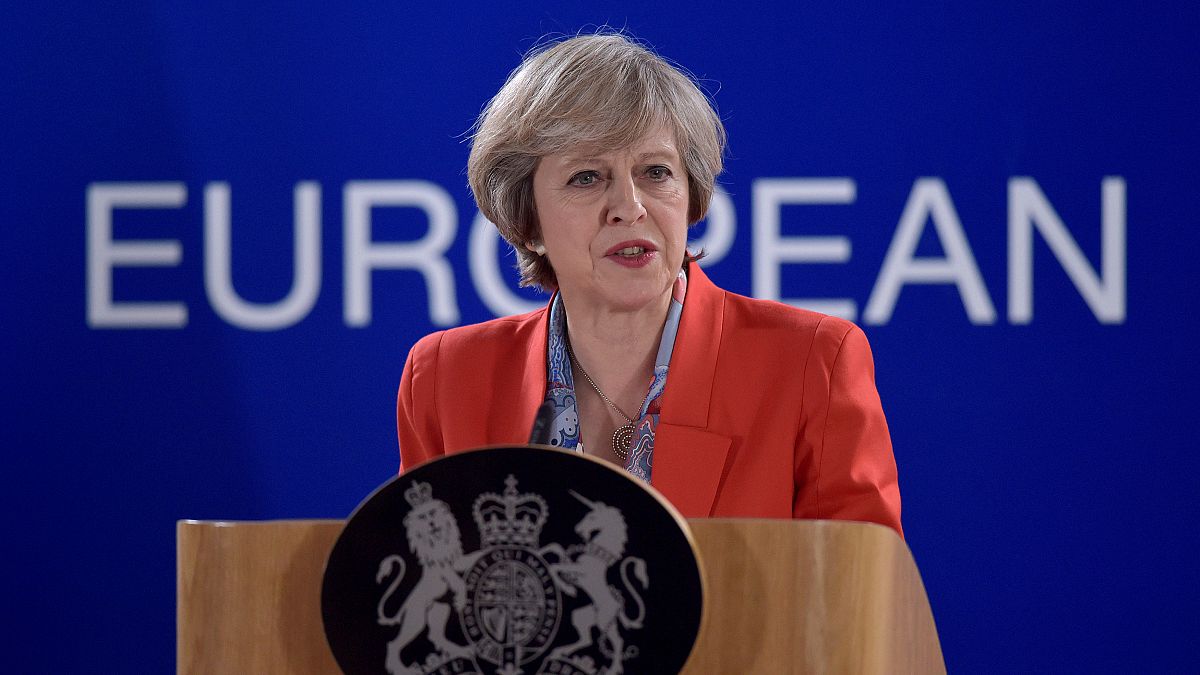The UK government may face a second court battle on whether triggering Article 50 means the UK also exits from the European Economic Area.
The UK government, already appealing to the country’s Supreme Court regarding whether or not it has the authority to unilaterally begin Brexit proceedings, may face a second court battle on whether triggering Article 50 means the UK also exits from the European Economic Area.
British Influence, a pro-EU single market think tank on Monday said it informed Brexit Secretary David Davis it will seek a judicial review of the government’s position.
The think tank warns without a formal court review, the UK government runs the risk of violating EU law.
At the heart of this latest court challenge is whether the UK is a member of the EEA on its own accord or simply because the UK is part of the European Union.
The UK government is expected to argue its EEA membership ends as soon as it triggers Article 50 to leave the EU.
But some lawyers in the country argue EEA membership is a separate agreement, and leaving the bloc’s economic area requires the activation of the EEA’s Article 127.
Under Article 127, a country may leave the EEA “provided it gives as least 12 months’ notice in writing”.
EU-member nations are automatically part of the EU’s single-market which allows for tariff-free trade within the bloc. The EEA was established in the 1990s and was signed by the United Kingdom.
Non-EU countries including Iceland and Norway pay the EU for their access to its single market. Their trade is barrier free provided they also accept the free movement of people.
Regaining control of its borders, limiting immigration, as well as retaining payments sent to the European Union, were all central tenants of the UK’s June referendum to leave the EU.
But Jonathan Lis, the deputy director of British Influence, told The Guardian newspaper the June referendum did not mention, and therefore the British people did not cast their ballots regarding, the UK’s membership to the EU single market.
“The single market wasn’t on the ballot paper”, Lis said. “To leave [the EEA] would be devastating for the economy, smash our free trading arrangement and put thousands of jobs at risk. Why should people not only throw the baby out of the bathwater, but the bath out of the window?”
The European Court of Justice, reports the BBC, may be the setting for this latest Brexit challenge.
If the court rules favourably, it could grant the UK Parliament the authority to determine the extent of the country’s inclusion within the economic bloc. This could mean British MPs vote to keep the UK within the EEA while the government renegotiates its trade partnerships.
Tory MPs on Monday characterised the prospect of a second legal challenge as another attempt to “frustrate the will” of the British people.
Speaking to The Telegraph Dominic Raab, a conservative MP said the think tank should be working with the government to make “a success of Brexit”.
“Rather than coming up with new legal wheezes to try and frustrate the will of the people, these lawyers should be working with us to make a success of Brexit”, Raab said. “The public have spoken; we should respect the result and get on with it, not try to find new hurdles that undermine the democratic process.”
On Nov. 3, the UK High Court struck down the government’s assumption it could decide when to start leaving the EU. It ruled the UK parliament has the authority to trigger Article 50.
The UK government is appealing the court’s decision. A hearing has been set for Dec. 5 through Dec. 8, with a final ruling expected within the new year.
The government maintains the country’s EEA membership will be terminated once the UK leaves the EU.
“As the UK is party to the EEA Agreement only in its capacity as an EU Member State, once we leave the European Union we will automatically cease to be a member of the EEA”, said a government spokesperson.
It is unclear if the government will appeal any court ruling regarding its inclusion in the EEA.
Despite the government’s pending High Court appeal, which could delay Prime Minister Theresa May’s Brexit timeline, the Prime Minister has continued to vow she’ll officially start leaving the EU by March 2017.
